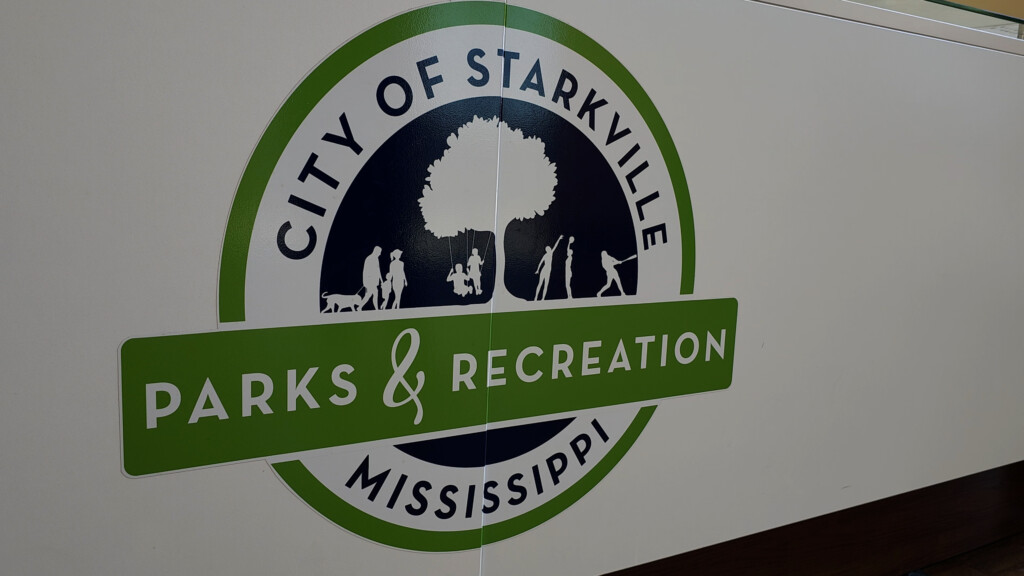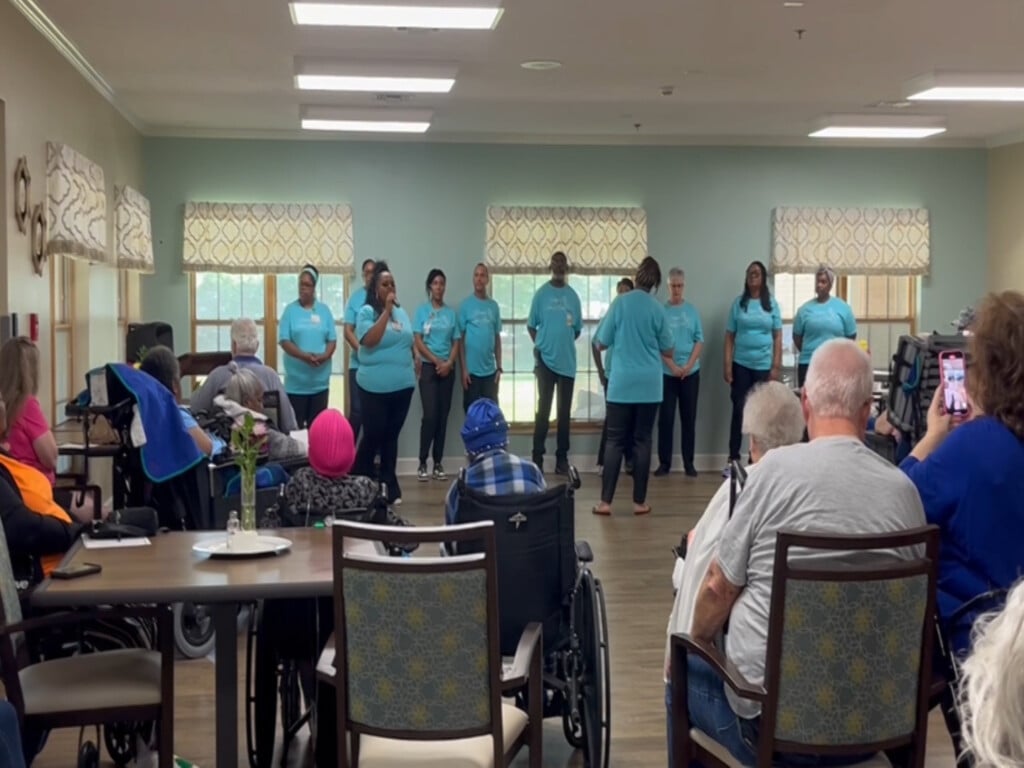Better access to crisis stabilization units, crisis response teams are key pieces of new Mississippi mental health plan
WEST POINT, Miss. (WCBI) – On September 7th, U.S. District Judge Carlton Reeves ruled that Mississippi had 120 days to come up with a proposal for a plan to cut down on the unnecessary institutionalization of those with mental illnesses.
“There’s that small window of opportunity where somebody is still able to understand or hear that they’re struggling,” says Karen Frye, Chief Operating Officer for Community Counseling Services. “And that if they don’t get the help they need, it’s going to turn into a situation where they’re going to end up having to be committed to some type of facility.”
Frye and her colleagues at CCS, a mental health center with multiple locations throughout the Golden Triangle, believe this plan can be a good start towards expanding access to that help across the state and making sure those in crisis get the treatment they need.
“Historically, going through the commitment process can be traumatic in and of itself,” Frye says. “When you start thinking about having to go through court proceedings and being evaluated, being removed from your support system and your home.”
She says it is a problem that has been plaguing the state for years.
“Some of it is the stigma, some of it is for many years, the majority of funds that were allocated in the state for mental health care, went to support the state institutions,” Frye says.
She says there have even been instances where some patients have had to stay in jail cells.
“Probably 25 to 30 percent of the cases…they don’t need to be committed,” says Richard Duggin, executive director for CCS. “It’s just some stressors going on with them. They’re not a danger to themselves or somebody else.”
The Justice Department wants the plan to focus on expanding community-based programs like mobile crisis teams and crisis stabilization centers. CCS has been operating such a facility since 2019.
“We can get them seen by our psychiatrist or nurse practitioner the day that they’re admitted, so they can get evaluated very quickly,” Frye says.
Their crisis stabilization unit holds eight beds with around-the-clock access to a psychiatrist and at least one nurse on call at all times.
“They go through individual therapy, they go through group therapy, and the psychiatrist is there two to three times a week to see them more often, if necessary,” Duggin says.
The plan must also include a review process to make sure the services being provided meet patient needs. The state must report its progress and findings to an independent monitor.
That monitor can also communicate with area mental health centers like CCS to see what their specific needs are.
“He can speak with us and say, ‘Well, how’re things going? What funding do you feel like you need? What aren’t you getting that you feel like you need?'” Duggin says. “That to me is going to be invaluable to him in finding out exactly where a mental health center is in the continuum of care for their people.”
The proposed plan has to be submitted to the U.S. Justice Department and independent monitor Michael Hogan, for feedback.
Their final plan must be completed in 180 days.
For those seeking immediate help, the following phone lines are available 24/7:
Mobile Crisis Hotline: 888-943-3022
National Suicide Prevention Hotline: 800-273-8255
Trevor Project: 1-866-488-7386
Click here to find the closest Community Counseling Services location near you.




